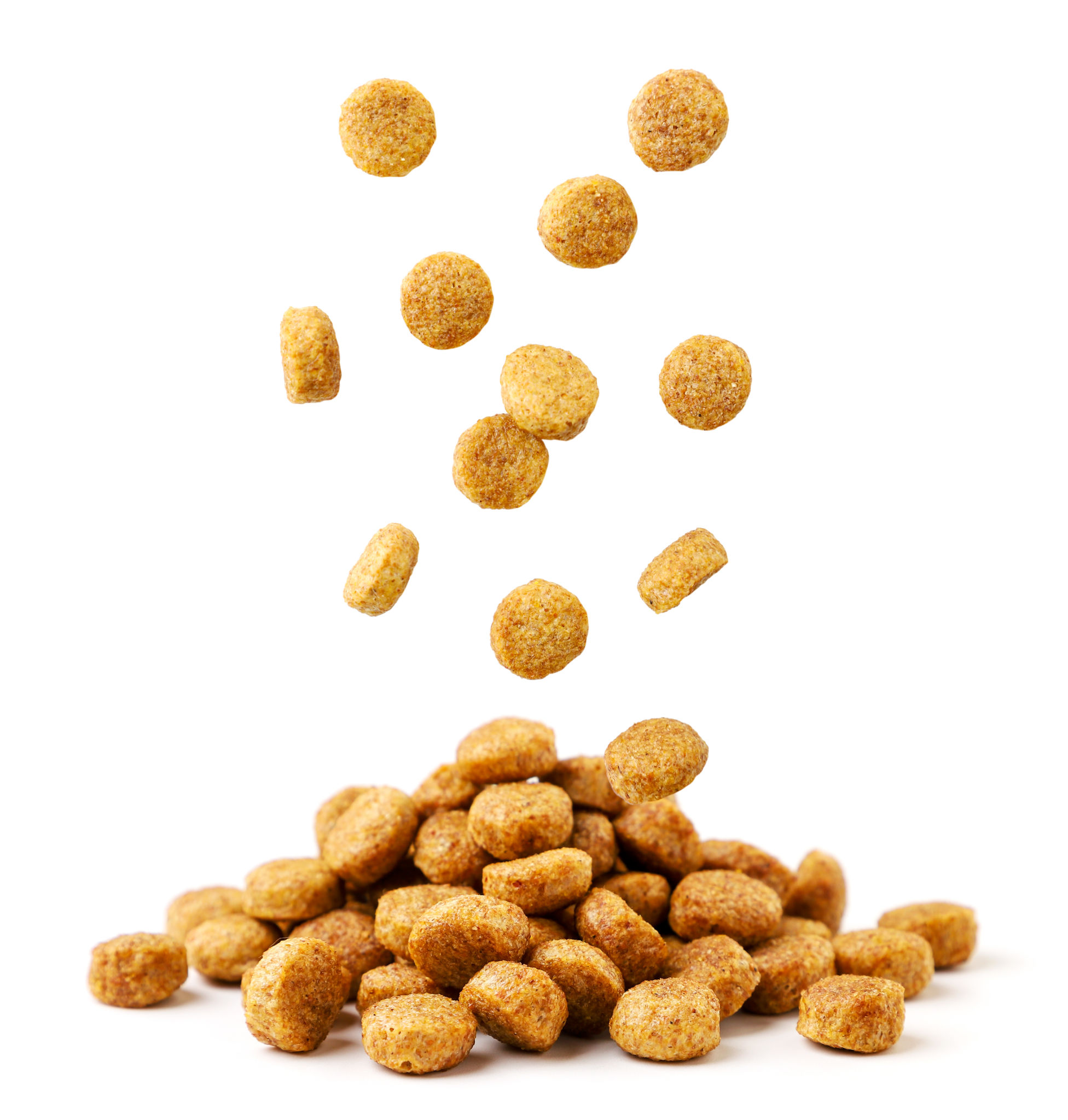The Ultimate Guide to Choosing the Best Pet Food for Your Furry Friend
Vl
Understanding Your Pet's Nutritional Needs
Choosing the right pet food is essential to ensuring your furry friend lives a long, healthy, and happy life. Just like humans, pets require a balanced diet filled with essential nutrients. Before selecting pet food, it's crucial to understand your pet's unique dietary needs. Factors such as age, size, breed, and health conditions play a significant role in determining the best diet for your pet.

Essential Nutrients for Pets
Every pet needs a combination of proteins, fats, carbohydrates, vitamins, and minerals. Proteins are vital for building and repairing tissues, while fats provide energy and support cell growth. Carbohydrates serve as an energy source, and vitamins and minerals play a role in various bodily functions. Make sure the pet food you choose is rich in these nutrients to maintain your pet’s overall well-being.
Types of Pet Food
There are several types of pet food available on the market, each with its own benefits. Understanding these options can help you make an informed decision.
Dry Food
Dry food, commonly known as kibble, is a popular choice due to its convenience and long shelf life. It's also beneficial for dental health as the chewing action can help clean your pet’s teeth. However, make sure it's high-quality and meets your pet’s nutritional requirements.

Wet Food
Wet food typically comes in cans or pouches and contains a higher moisture content, which can be beneficial for pets that need extra hydration. It's often more flavorful than dry food, making it a great option for picky eaters. However, it tends to be more expensive and has a shorter shelf life once opened.
Specialty Diets
In some cases, your pet may require a specialized diet to address specific health concerns or dietary restrictions. These can include:
- Grain-Free Diets: Ideal for pets with grain allergies or sensitivities.
- Veterinary Diets: Formulated to manage specific health conditions like kidney disease or obesity.
- Raw Diets: Consists of uncooked meat, bones, and organs, but should be approached with caution and under veterinary guidance.

Reading Pet Food Labels
When choosing pet food, it's important to read and understand the labels. Look for foods that list high-quality protein sources as the first ingredient. Avoid products with excessive fillers and artificial additives. The label should also provide feeding guidelines to ensure your pet receives the right portion size.
Consulting with Your Veterinarian
Your veterinarian is an invaluable resource when it comes to choosing the best food for your furry friend. They can provide personalized recommendations based on your pet's specific health needs and lifestyle. Regular check-ups can also help monitor your pet’s weight and overall health to ensure they're thriving on their chosen diet.
Conclusion
Selecting the best pet food is a crucial aspect of responsible pet ownership. By understanding your pet's nutritional needs, exploring various food types, and consulting with your veterinarian, you can make informed decisions that will keep your furry friend healthy and happy for years to come.
